Doctor Who returned to our screens last week with a bombastic opener that – in my opinion – could have done with a bit of a rewrite. As such, I was nervously anticipating The Witch’s Familiar, the second part of this epic tale. Would it just be more of Steven Moffat throwing wibbly-wobbly-timey-wimey crap at us, or would it have a compelling story? Would it, once again, portray the Doctor as some kind of god?
Fortunately, Moffat regressed on both of those things and offered up a touching piece of drama that offered completely new insight into the Daleks, Davros and their relationship with the Doctor.

I thought The Magician’s Apprentice was pretty fluffy. It had lots of boom and zippy-stuff to get people excited for a new series, however that meant that the episode couldn’t focus on the finer details and instead had to rush them. Thank God it was a two-parter, eh? After all the dust cleared, Moffat could spend just over forty-five minutes giving us a fun little sub-plot with Missy and Clara and a thorough, stunning analysis of Davros and the Doctor.
As always, his big strength here was the dialogue. Even if it sometimes goes by so fast that you realise you’ve missed three whole scenes, in this case it was oozing with characterisation. The banter between Missy and Clara was fun and fleshed them both out; Clara was totally being shown-up and she knew it. That kinda came across as her being relatively useless on screen however I think it was intentional. Whenever Missy bested or tricked her you could see the anger bubbling beneath Jenna Coleman’s admittedly beautiful face, the cold rage at this woman. Missy herself was brilliant. Michelle Gomez has figured out how to go from a quirky and wacky bad influence to a straight-up maniacal killer; one minute we’re entertained by her deadpan humour (“20 feet,” “get in”) and the next we’re horrified and yelling at our TV screens because of her (egging on the Doctor to kill Clara). There are plenty of fans who grumble about Missy being there however I think Gomez manages to elevate her from your stereotypical Moffat female role into something completely different: entertaining and terrifying. Long may she reign.
While all of that was lovely, the scenes between Davros and the Doctor are where everything truly shone.
“Compassion, then?”
“Always.”
“It grows strong and fierce in you – like a cancer.”
“I hope so.”
“It will kill you, in the end.”
“I wouldn’t have it any other way.”
As well as being a beautiful excerpt of dialogue, it’s also just one part of Davros’ – and Moffat’s – test for the Doctor: is his compassion a weakness or a strength? The obvious outcome is that, yes, it’s his greatest strength, however he does so in such a triumphant manner that the viewer feels invigorated by this show again. You don’t even realise the extent of this test until rewatching the episode. First, he challenges him to kill every Dalek on Skaro with just a touch. It’s really the same dilemma which arises from the Kid Davros thing; a single, abhorrent act that will pay off for the greater good. The Doctor, can’t do it, though, and I found this scenario incredibly interesting – for a completely different reason.
The Magician’s Apprentice continued on “the Doctor is a god” theme that’s been going on since 2005. It was cool at first but by now it’s sickening, and Moffat himself even addresses that this time around. Davros straight-up asks him, “are you ready to be a god?”, taking his hand to the cables so he can kill all of the Daleks. The Doctor’s refusal is not only in answer to his question, but also to the idea of being a god: “there’s no such thing as the Doctor. I’m just a bloke in a box.” Ultimately, that’s all he is, and he tries his best to live up to this persona that’s been created for him. Compare this with Davros, who really is a psychopathic evil scientist like everybody thinks. It’s interesting.
But anyway!

When that doesn’t work, he tries appealing to the Doctor’s compassion by playing the dying old man seeking redemption – and he fucking fooled me. I was completely convinced by Julian Bleach’s stellar performance, Hettie Macdonald’s sound directing and Moffat’s brilliant and emotional dialogue. I thought that Davros really was trying to turn a new leaf, right at the end of it all.
Damn. It was just so fucking good.
Because of that, I was pretty frustrated when it turned out that it was all a trick and Davros was still evil. It’s in-keeping with his character to do such a thing but it would simply have been more interesting if this was actually his swansong as well as fitting the character at the same time. He takes pragmatism to a whole new level, so it makes just as much sense for him to admit defeat in the face of death as it does for him to try and conquer it. Even though it was a front, I firmly believe there was a genuine moment between the two with the “you’re not a very good doctor” joke. There’s something incredibly poetic about these two old enemies facing each other one last time, after centuries upon centuries of bloodshed and war, sharing a laugh together. I have no doubt that that was real, but Davros would never admit it.

It wasn’t just Davros who got a new lease of life – Moffat continued on his quest to examine the nature of the Daleks. For a very long time the status quo was that they’re just designed to hate and be evil, which is fine. They’re a rare example of villains who are evil for the sake of it and actually work, because there’s an in-story reason of genetic engineering. However, on a show like Doctor Who, sometimes you need to shake up the status quo. For the first time ever a character actually goes inside a Dalek shell and it’s revealed that names and certain phrases such as “I love you” are translated to “EXTERMINATE!”. I’ve seen some fans complaining about how that disregards the lore, but it actually enhances it. The only thing more terrifying than not being able to think outside of your twisted design is having that ability but not being able to express it, forever trapped inside a machine that robs you of your identity and true feelings, transforming them into pure hatred.
You would go a little crazy too.
It ultimately just makes Davros look more of a dick and harkens back to how the Doctor made him feel on that battlefield: hopeless and angry. He then grows up feeling a moral responsibility to put this war to an end as well as living with an underlying hatred of all things good, causing him to create killing machines that are constantly reminded of how he felt as a little boy. It’s only through introducing the idea of mercy to him that the Daleks have their design flaw, which comes full-circle in getting Clara out of one towards the end of the episode. Maybe that’s why they keep losing.

Other good stuff? This is probably the worst kind of thing to put in a review, but pretty much everything was good. The writing is sometimes hit-and-miss but you can always rely on the acting, direction, set pieces, score and the rest to be on top form. Peter Capaldi was brilliant, Michelle Gomez was brilliant, Hettie Macdonald really needs to direct more episodes and the cinematography was especially beautiful.
The humour was another excellent aspect to this script. The entire two-parter is dark as fuck, yet there were still a ton of light-hearted moments to enjoy; the scene above, almost all of Missy and Clara’s introduction, “the only other chair on Skaro,” and the joke which transformed into such a touching and human moment between two wildly different men. As interesting as it can be to make things a little gray, Doctor Who is supposed to be about fun, which is ultimately what triumphs. As Joss Whedon said…
“Make it dark, make it grim, make it tough, but then, for the love of God, tell a joke.”
It wasn’t a perfect episode, however. The whole Dalek sewers thing was an interesting idea but it was really just there to serve the conclusion, and the same one could have been met by all the Daleks exploding from the force of regeneration energy (I mean, if the Eleventh Doctor could level a town…). I’m also gonna assume that the random mention of a prophecy about a Dalek/Time Lord hybrid will come back into play later down the line and how it’s possibly related to the confession dial because both aspects really didn’t work here. It felt as if Moffat was trying to set up a big new series arc but it just didn’t mesh with all of the other, more interesting stuff going on. Colonel Sarff, while visually interesting, was pretty much just a plot device rather than an engaging villain. He didn’t need to be when you have Davros and the Daleks on hand but it’s a valid point nonetheless. Compared to the rest of the story, though, that stuff is very minor.
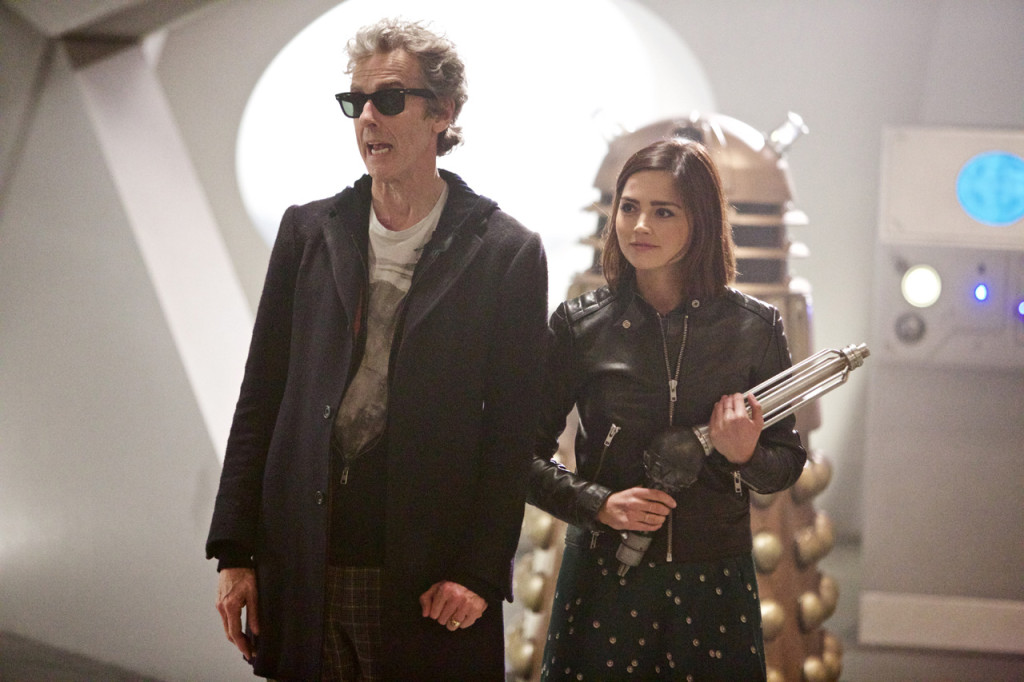
What The Witch’s Familiar ultimately achieves is very simple: it’s a great series opener. If all of the fluffy UNIT-planes-Essex crap was cut from the previous episode then the entire story probably could have been told in a solid hour and proved more satisfying than it did. It was a robust explanation of why the Doctor is so great. Davros tries incredibly hard to push him down and cause him to go over the edge but he completely fails and underestimates the power of compassion. It’s compassion which leads to the destruction of the Dalek City, and presumably his death; if the Doctor had not pitied Davros enough to feed him (and all the other Daleks) regeneration energy then the ones down in the sewer wouldn’t have been able to climb up the pipes. If it were not for compassion then Davros would never have been saved as a child, which ends up causing the design flaw he was never able to fix. Moffat clearly lays out how compassion will always triumph over hatred and evil, but – even further than that – he instills in us a message of hope.
“Why does the Doctor always survive?”
“Because he always assumes he’s gonna win.”
You don’t have to be strong or smart to save the day – all you need is hope, the hope that you’ll make out of the situation alive. Hope was dangled in front of and snatched from Davros, and we know exactly what happened because of that. It’s a poignant message of truth in the dark times that we live in, and if Doctor Who keeps this up over the next ten episodes then we’re in for a real treat.
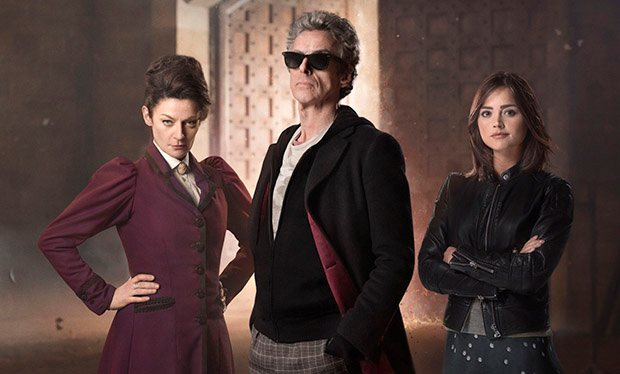




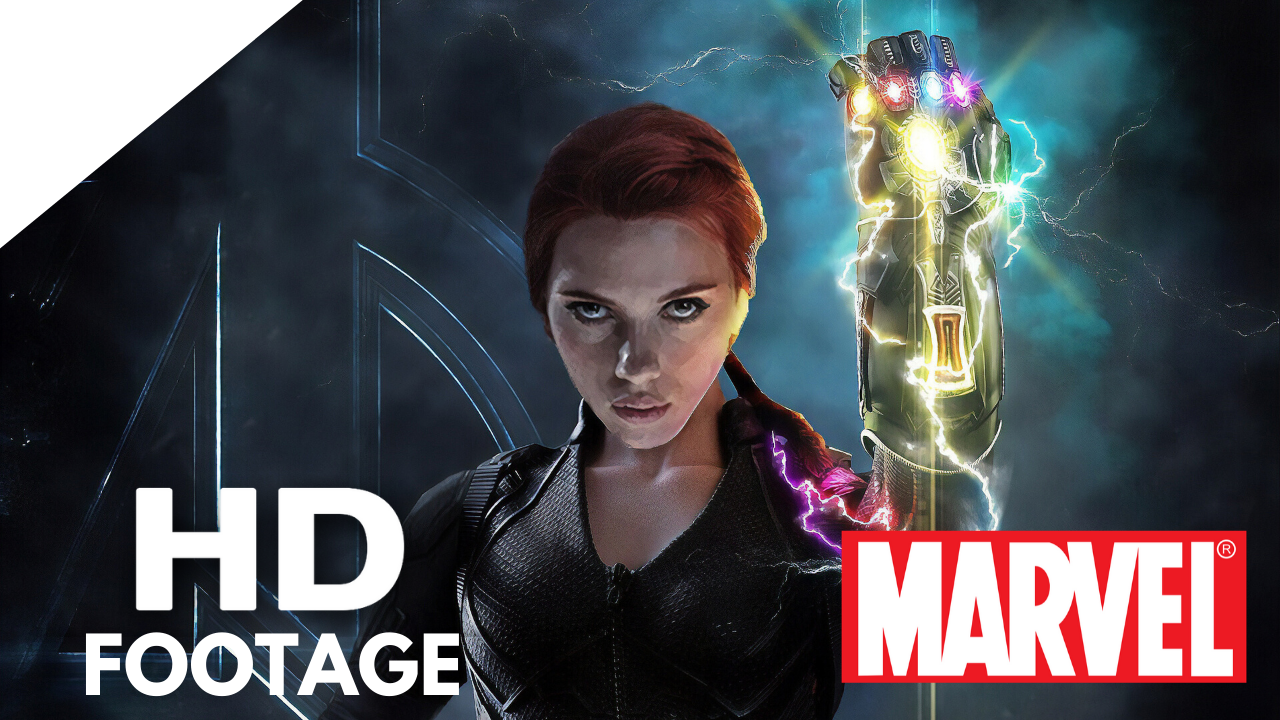


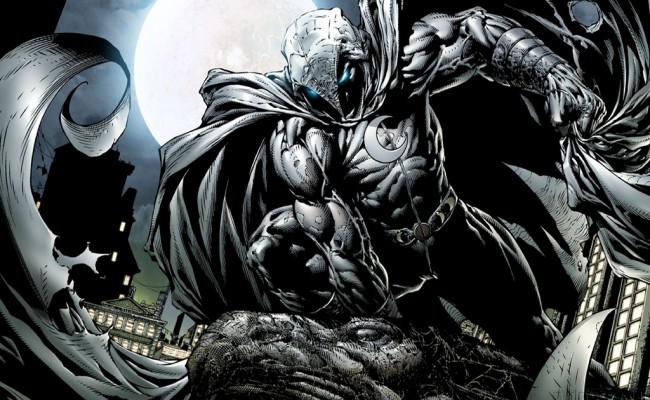

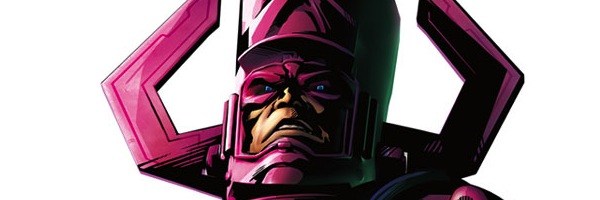

S#!T Talking Central